The Trump administration announced that it will restart Supplemental Nutrition Assistance Program (SNAP) benefits, but with a significant reduction in payment amounts. According to officials, the benefits will be paid out at half the normal rate, utilizing funds from an Agriculture Department contingency fund. The available funds in this account total approximately $4.65 billion, roughly half of the $8 billion in monthly food assistance payments.
The decision to restart benefits with reduced payments comes after a court ruling required the administration to restore SNAP benefits. However, the exact timing of the restart remains uncertain. In a court filing, officials stated that depleting the contingency fund would leave "no funds will remain for new SNAP applicants certified in November, disaster assistance, or as a cushion against the potential catastrophic consequences of shutting down SNAP entirely."
The reduced payment amounts will undoubtedly have a significant impact on recipients, who rely on the program to access essential food assistance. "This is not a solution, this is a Band-Aid," said a spokesperson for the National Association of Social Workers. "We urge the administration to reconsider its decision and provide full funding for SNAP benefits."
The SNAP program, also known as food stamps, provides critical support to millions of low-income individuals and families. The program's benefits are typically paid out on a monthly basis, with recipients receiving a predetermined amount based on their household size and income level. The reduced payment amounts will likely exacerbate food insecurity and other related issues, particularly among vulnerable populations.
The Trump administration's decision to restart SNAP benefits with reduced payments has sparked concerns among advocates and experts. "This is a short-term fix that will only serve to further destabilize the program and exacerbate the very problems it is intended to address," said a spokesperson for the Food Research & Action Center.
The current status of the SNAP program remains uncertain, with officials working to implement the reduced payment amounts as soon as possible. The administration has stated that it will use the contingency fund to cover the costs, but the long-term implications of this decision remain unclear. As the situation continues to unfold, advocates and experts will be closely monitoring the developments and urging policymakers to take action to address the underlying issues affecting the program.
In the meantime, food banks and other organizations are working to fill the gap left by the pause in SNAP benefits. These efforts will likely become even more critical as the reduced payment amounts take effect, highlighting the need for sustained support and advocacy for the program.
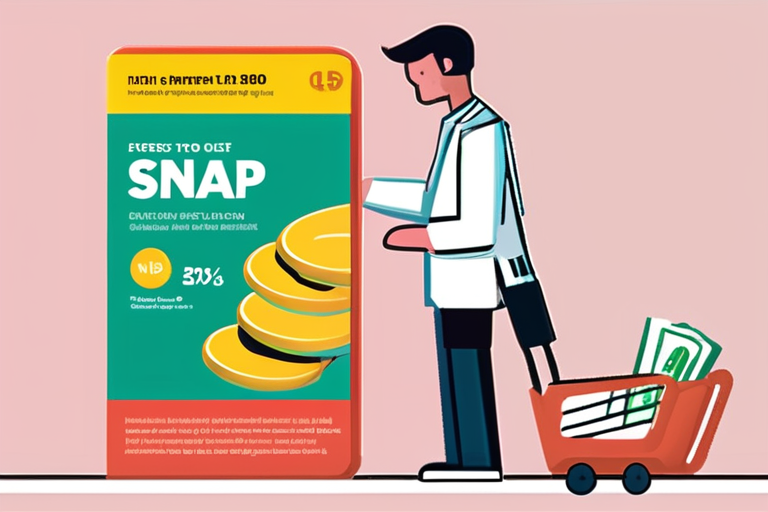




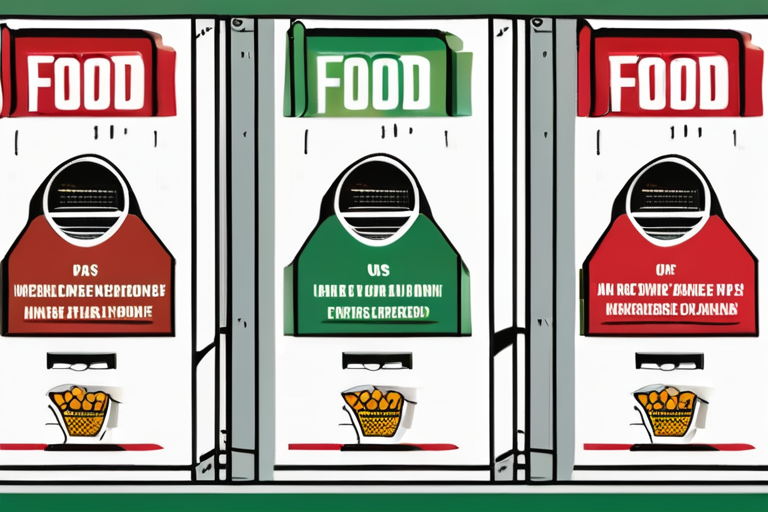

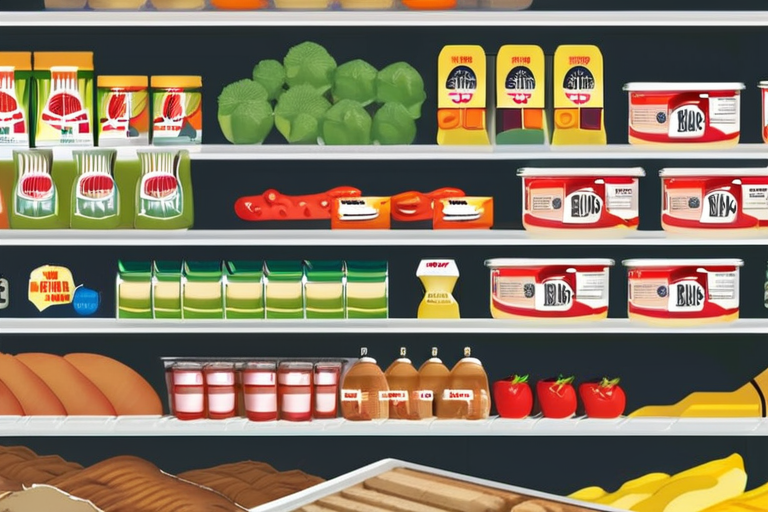
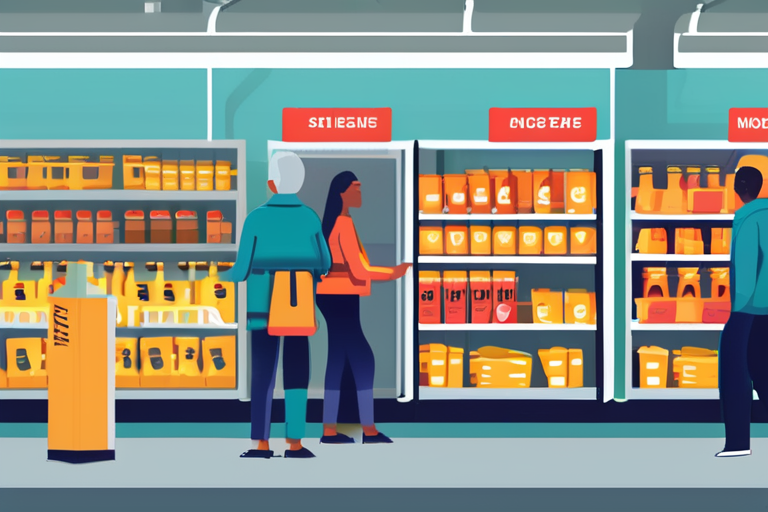
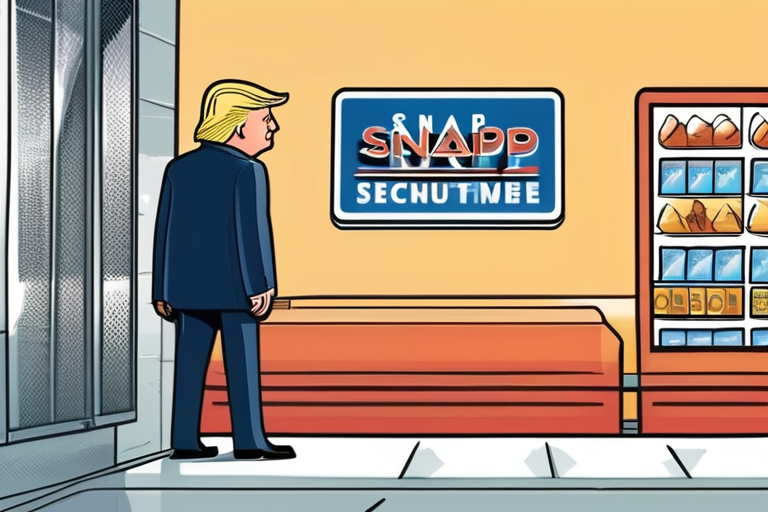


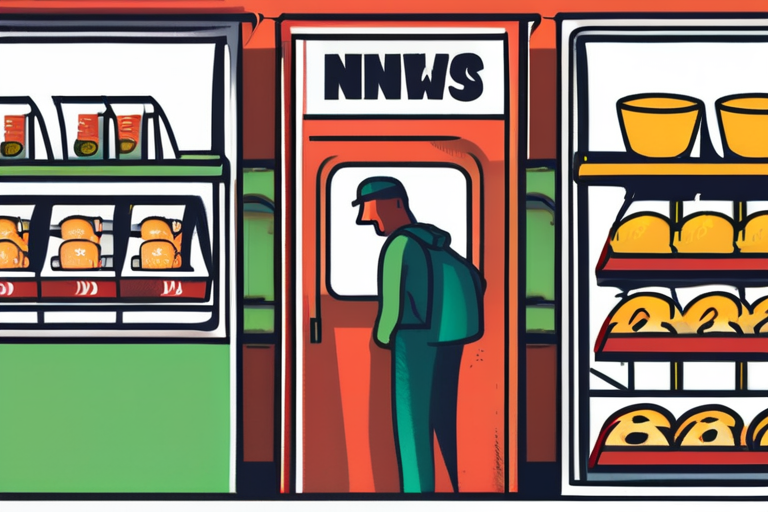
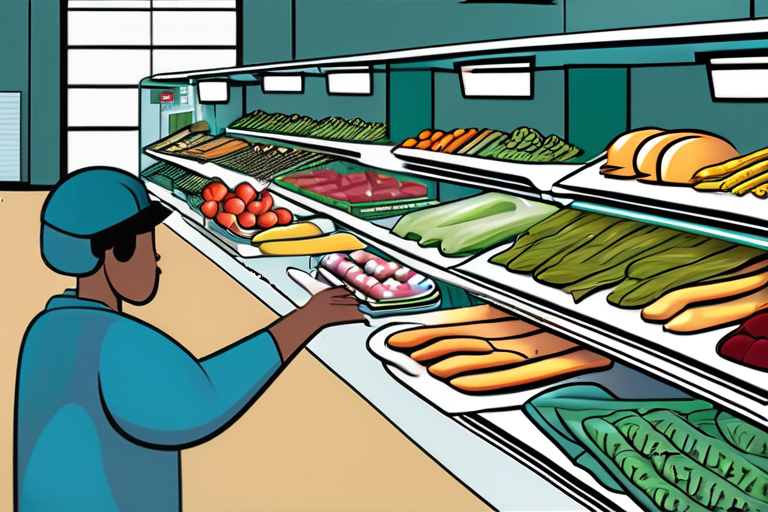
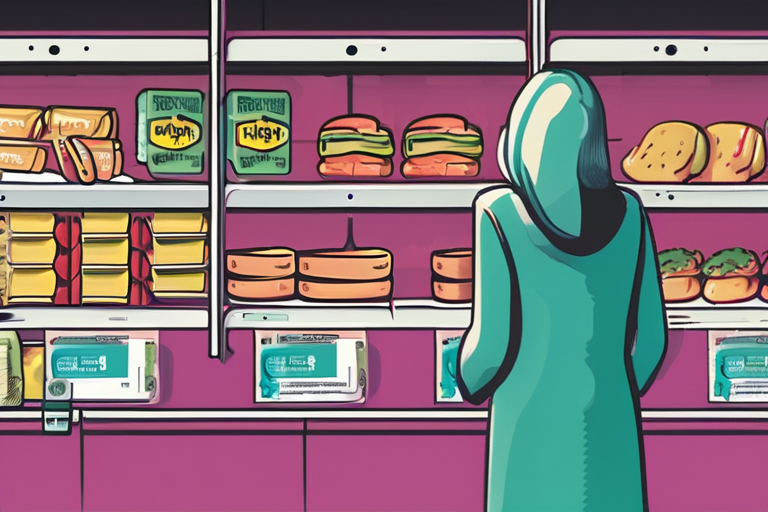

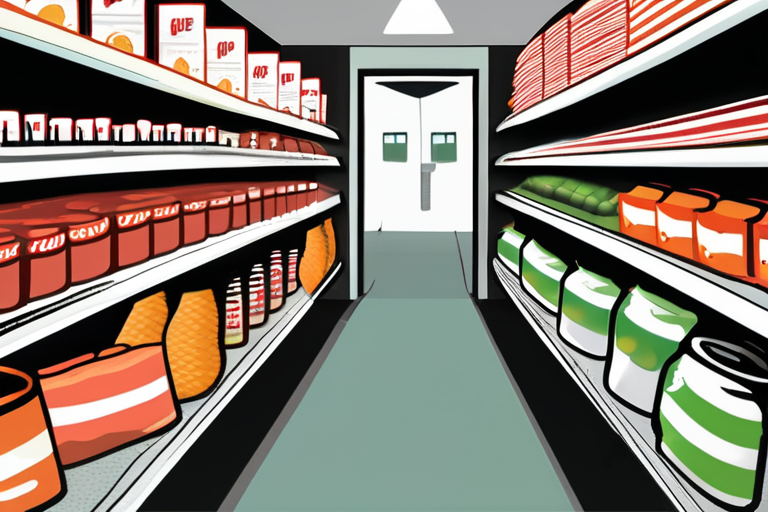




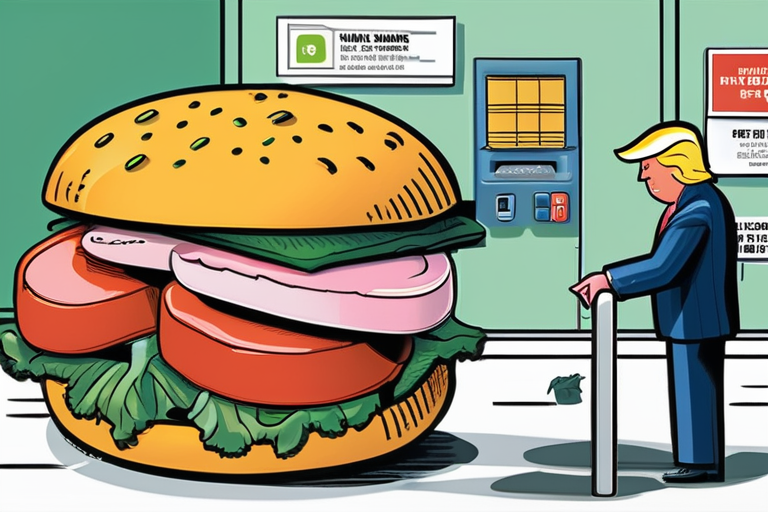


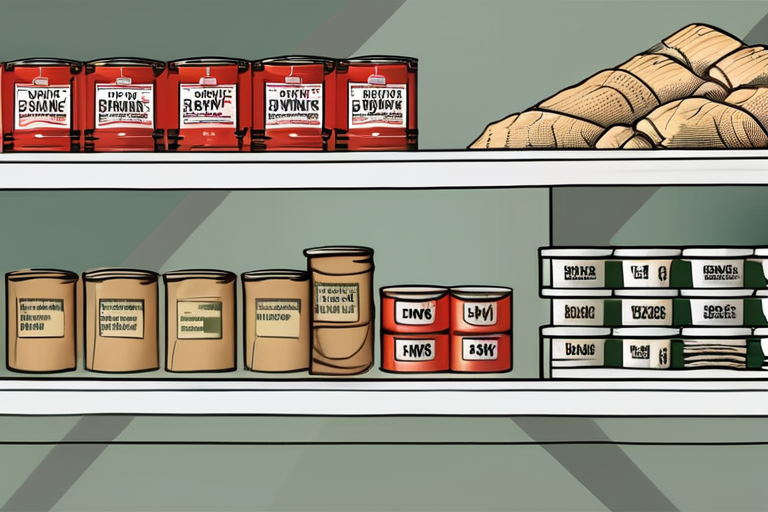

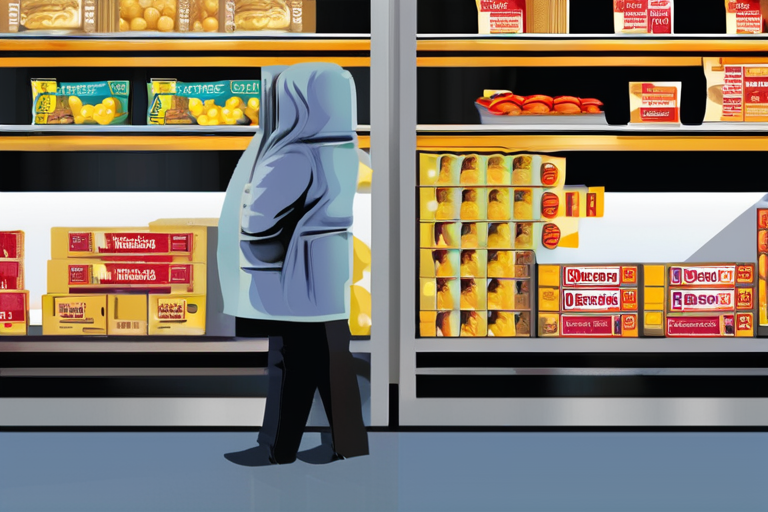
Share & Engage Share
Share this article